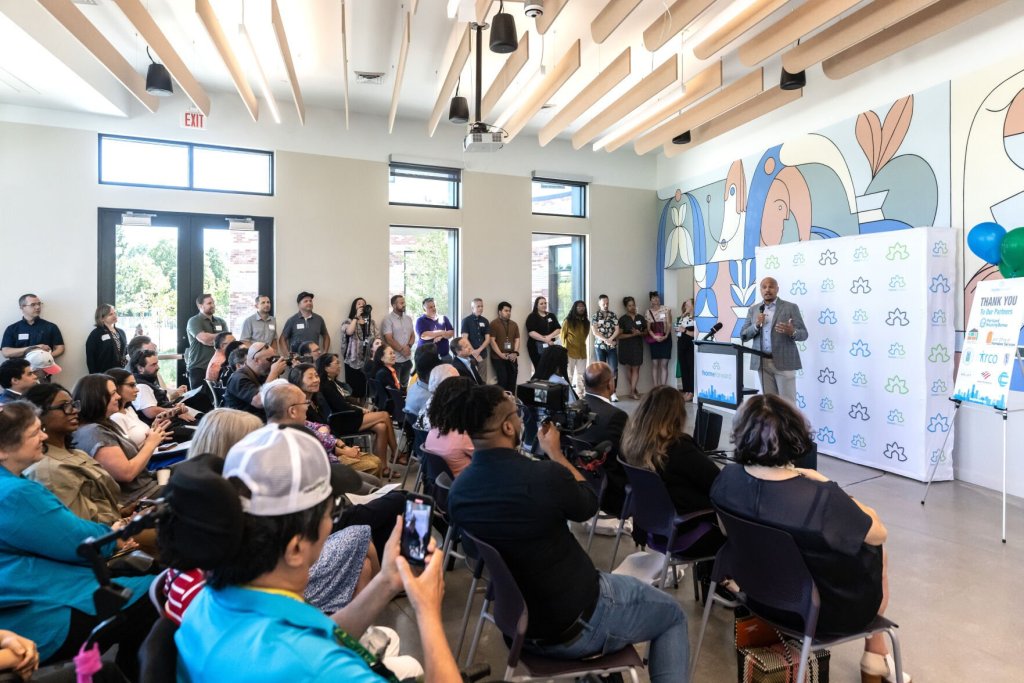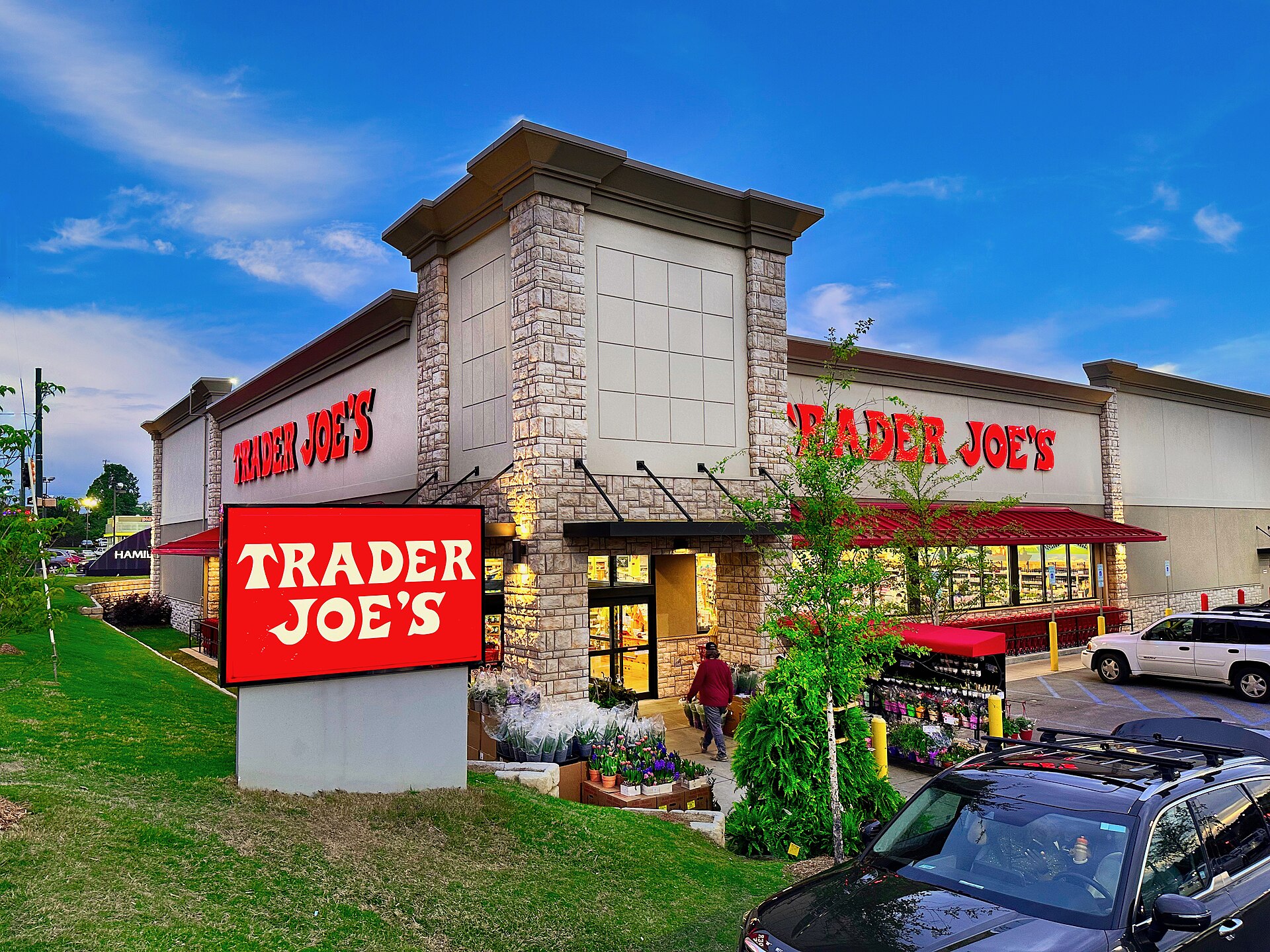Opinion: In a budget crunch, invest where it matters most, Oregon’s small businesses
Published 9:07 am Wednesday, June 4, 2025

- Andrew Colas, CEO of Colas Construction, gives remarks during a ribbon-cutting ceremony for the Hazel Ying Lee affordable housing building in Southeast Portland. A coalition of Portland-area businesses leaders say now is the time for the Oregon Legislature to invest in the Community Economic Coalition Hub. (Staff Photo/Jonathan House)
Oregon’s projected budget shortfall demands clear-eyed leadership — not retreat. Research shows that in times of constraint, the most effective strategy is to invest in what delivers the strongest long-term return. That means supporting small businesses, especially those rooted in communities historically shut out of public funding and economic opportunity.
As the Portland Tribune reported, lawmakers are staring down a steep drop in projected revenues. The instinct may be to cut broadly — but we cannot afford to repeat the mistakes of the 2008 recession when small businesses — especially those owned by people of color — were left without a safety net. Experience tells us exactly where that path leads: shuttered storefronts, lost jobs, and a slower, more unequal recovery. Entrepreneurs of color — already navigating steeper barriers to capital and opportunity — will be hit first and hardest.
This moment calls for sharper priorities. With inflation still straining families and businesses, and new federal tariffs pushing costs even higher, Oregon’s small business community needs more than symbolic support — it needs real infrastructure.
Trending
That’s why the Community Economic Coalition (CEC) Hub is so timely. It’s a shovel-ready, community-designed project that can deliver immediate impact and long-term economic benefit — not just for a few, but for all of us.
The strength of the CEC Hub lies not just in its vision, but in its design. Every element of the project addresses the challenges Oregon faces now and prepares for those ahead. At the core is a place-based hub that offers wraparound services: technical assistance delivered by trusted, culturally responsive advisers; in-person access to business navigation tools that demystify public contracting; and shared workspace that reduces overhead for new and growing businesses.
These features matter even more in a tightening economy. With tariffs increasing material and shipping costs, and inflation squeezing margins, small businesses need centralized, reliable support systems that reduce friction and increase access to opportunity. The CEC Hub is built to deliver just that.
And the benefits won’t stop at Portland’s city limits. By supporting underrepresented entrepreneurs and making business support more accessible, the CEC Hub model can be scaled and adapted across the state — bringing long-term value to rural, suburban and urban communities alike. What starts here will ripple outward.
When small businesses thrive, communities are safer, local dollars circulate longer, and job opportunities expand. Strengthening these businesses helps stabilize Oregon’s economy at every level — from rural suppliers to urban retail corridors. What helps one community succeed helps all of us grow.
At a time when federal protections are eroding and investment in equity is receding, Oregon has a responsibility — and a strategic incentive — to step up. Supporting the CEC Hub is one way to do exactly that.
Trending
We understand the budget is tight. That’s why we need intentional investments, not broad brush cuts. The CEC Hub is implementation-ready, community-led and built to last. Oregon’s long-term economic health hinges on the strength of its small businesses. Investing in them now is how the Oregon Legislature can secure a more resilient, equitable and prosperous future — for every Oregonian.
About the Community Economic Coalition:
The Community Economic Coalition is a partnership between the Northwest Native Chamber, Black American Chamber of Commerce, Hispanic Metropolitan Chamber, and the Philippine American Chamber of Commerce of Oregon. For years, these organizations have worked together to advance community-led economic development, foster entrepreneurship, and build generational wealth with and in communities of color across the region.
James Alan Parker is the executive officer of the Northwest Native Chamber. Krismin Bell is the Oregon executive director of the Philippine American Chamber of Commerce; Evann Goss-Lemelle is the executive director of the Black American Chamber of Commerce; Nicole Davison León is the executive director of the Hispanic Metropolitan Chamber.







